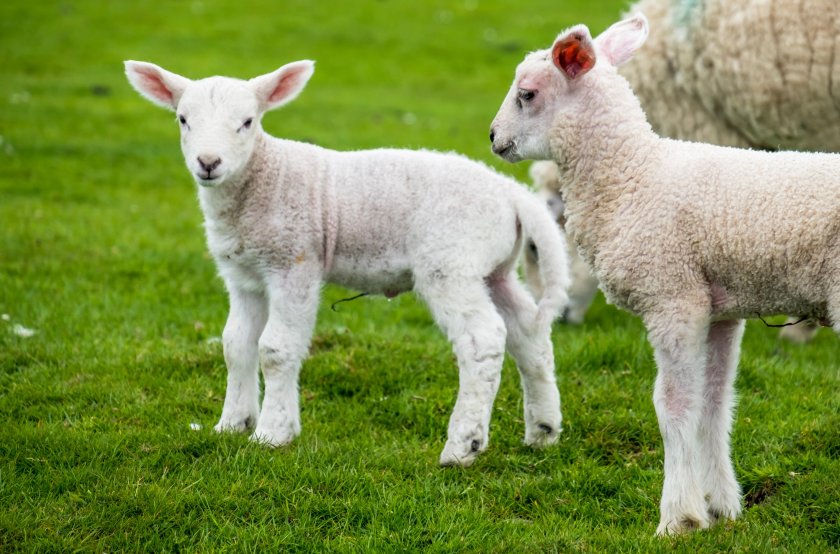
There is a 'very high' probability of new bluetongue infections in Britain due to the arrival of biting midges from northern Europe, government vets have predicted.
The latest risk assessment of bluetongue virus entering Britain has been published by the Animal and Plant Health Agency (APHA) today (7 May).
The agency confirmed there is a 'very high' probability of a new introduction of bluetongue virus serotype 3 (BTV-3) into livestock through infected biting midges from northern Europe.
Counties along the south and east coasts of England are considered most likely to be impacted, APHA said.
There have been over 120 bluetongue cases in England across 73 premises in four counties since November 2023, with the last case confirmed on 8 March 2024.
Bluetongue primarily affects cattle, sheep, and other ruminants such as goats and deer, and camelids such as llamas. The virus does not affect people or food safety.
Biting midges are most active between April and November and the timing of a potential incursion will depend on the temperature and wind patterns.
The impacts on susceptible animals can vary greatly depending on the species of animal and the strain of bluetongue virus.
Some show no symptoms while for others it can cause productivity issues such as reduced milk yield or, in the most severe cases, it can be fatal for infected animals.
In an updated qualitative risk assessment, APHA said farmers should continue to be vigilant and monitor their animals frequently.
Livestock and land should also be registered with the agency and that their contact details updated so animals can be located in the event of an outbreak.
Last November, APHA and the Pirbright Institute identified the first case of the disease in Britain through the annual bluetongue surveillance programme.
All cases confirmed since then have been detected through active surveillance, with the animals likely infected in late autumn.
Chief Veterinary Officer, Dr Christine Middlemiss said the likelihood of bluetongue virus entering Great Britain was increasing.
“Our robust surveillance systems show we have now entered the period where biting midges are more active, and we know that the likelihood of bluetongue virus entering Britain is increasing.
“Despite the increase in midge activity, the current risk of transmission has not changed, but I would urge farmers to remain vigilant and report any suspicions to APHA."
There are no authorised vaccines available for bluetongue virus serotype 3 (BTV-3) in the UK, despite the Dutch government recently approving a vaccine.
Control of the disease is likely to include the declaration of bluetongue disease control zones surrounding premises where infection is confirmed.
Once bluetongue is known to be circulating in the domestic midge population, culling of livestock is not an effective control measure to deal with disease.
The overall risk of importing livestock infected with BTV into Britan is considered to be 'very low', APHA said.
Suspicion of BTV in animals must be reported to APHA on 03000 200 301 in England, on 03003 038 268 in Wales and to the local?Field Services Office in Scotland.
